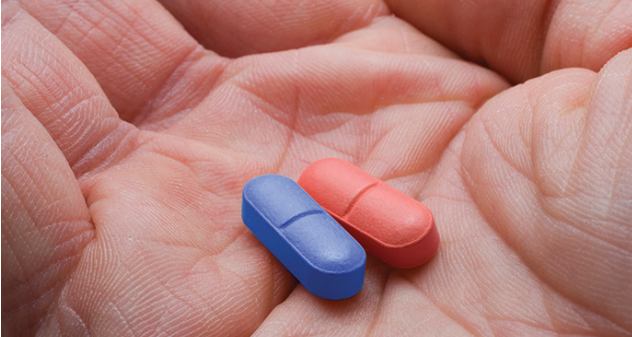Patients gain subsidised access to expensive new medicines
by Hospital + Health | Hospital Equipment and Medical Products Suppliers Directory on 01-Dec-2016

Australians from 1 December will pay no more than $38.30 for a medicine to treat thyroid cancer that would cost a patient $117,000 without subsidised access through the Pharmaceutical Benefits Scheme (PBS).
The medicine - Lenvatinib (Lenvima®) - is used in the treatment of radioactive iodine refractory differentiated thyroid cancer (RAI-R DTC) and works by blocking certain proteins that would otherwise encourage cancer cell growth. The Minister for Health and Aged Care: “The Pharmaceutical Benefits Advisory Committee agreed that there was a clinical need for an effective treatment for symptomatic, rapidly progressing patients with RAI-R DTC.
“This listing will help reduce stress for people at a very difficult time in their lives. Around 140 patients annually will benefit from the listing, and without Government subsidy, these patients could pay more than $117,000 for one year of treatment.”
Most patients with thyroid cancer respond well to treatment with radioactive iodine. However, there are currently no subsidised treatment options for those patients who do not respond to this therapy. Ms Ley said: “These patients generally only live for 2.5 to 3 years after diagnosis. Lenvatinib has been shown to significantly delay the progression of these cancers and it is the only PBS subsidised treatment option available to these patients.
“The addition of this cancer medicine to the PBS, at a cost of approximately $71 million over five years, is part of the Australian Government’s undertaking to make new and affordable treatments available for people when they are very sick and in need of affordable access to medicine.”
Concessional patients pay $6.20 per script and the general PBS co-payment is $38.30 for access to PBS medicines. Ms Ley also announced the listing of evolocumab (Repatha®) on 1 December 2016 for the treatment of homozygous familial hypercholesterolaemia (HoFH).
HoFH is a very rare inherited disease associated with elevated cholesterol levels which, if left untreated, can lead to a heart attack at a young age. The PBS listing of evolocumab will provide up to 160 high-risk Australians in this population with an affordable option to help reduce their cholesterol to target levels. Patients would pay more than $900 per month for this treatment without subsidised access through the PBS.
Ms Ley also announced that the listing of adalimumab (Humira®) will be extended to include the treatment of moderate to severe ulcerative colitis. Patients would pay more than $22,400 per course of treatment without the PBS listing.
Omalizumab (Xolair®) for the treatment of paediatric severe allergic asthma, and a sub-cutaneous form of tocilizumab (Actemra®) for the treatment of severe active rheumatoid arthritis will also be listed on the PBS from 1 December 2016. It would cost a patient $7,352 per year without subsidised access via the PBS.
The total financial impact to Government for medicines to be listed on the Pharmaceutical Benefits Scheme from 1 December 2016 is a cost of more than $139 million over five years.
PBS listings are published on the Schedule of Pharmaceutical Benefits which is available through the PBS website.
Source: Minister for Health and Aged Care









